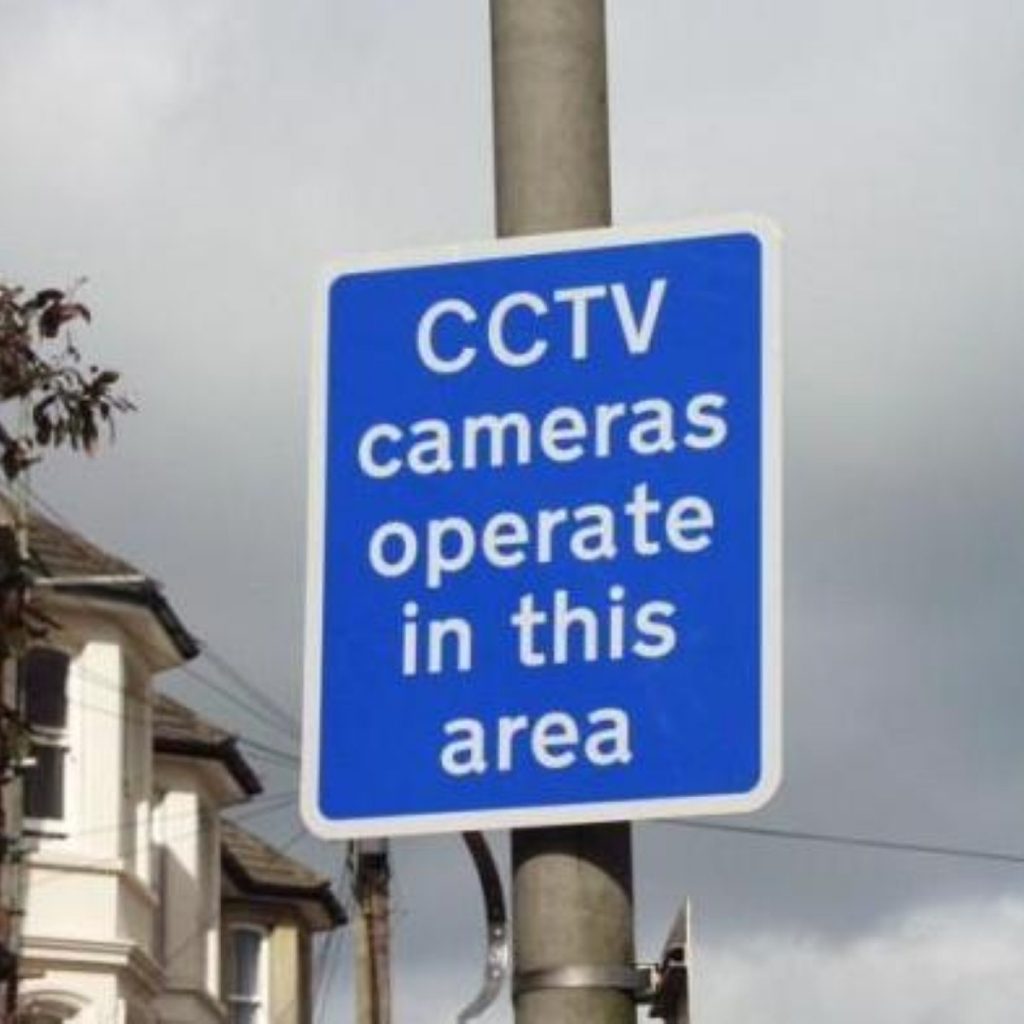Lords hit out at surveillance culture
By Jonathan Moore
“Pervasive and routine” surveillance and collection of information is undermining the public’s right to privacy, a Lords committee reported today.
It argued the national DNA database (NDNAD) potentially infringed on civil liberties and could in the future be used for malign purposes.
Pointing to the fact the UK now has over four million CCTV cameras, it recommended the government introduce legally binding codes of practice for all CCTV schemes.


Those subject to unlawful surveillance under the Regulation of Investigatory Powers Act 2000 (RIPA) should be paid compensation and the committee questioned whether local authorities were the appropriate bodies to exercise RIPA powers.
“This is a damning indictment of the reckless approach of this government to personal privacy,” said Dominic Grieve, shadow justice secretary.
“Ministers have sanctioned a massive increase in surveillance over the last decade, at great cost to the taxpayer, without properly assessing either its effectiveness or taking adequate steps to protect the privacy of perfectly innocent people.”
The committee said privacy was an “essential pre-requisite to the exercise of individual freedom” and restraint in surveillance or data collection should be exercised at all times by public bodies.
Phil Booth, NO2ID’s national coordinator said: “The report screams – Stop! Stop unwarranted surveillance. Stop abusing, misusing and losing citizens’ information. Stop building the database state.
“But the government has just stamped on the accelerator. It is not listening.”
It made 44 recommendations to protect people from inappropriate use of surveillance or data collection which could affect their privacy.
It said the government should introduce a bill to govern the NDNAD, which should reassess the length of time DNA profiles are retained and the regulatory oversight of the NDNAD.
As a matter of law, those who voluntarily provide DNA to assist with investigations should have it removed from the NDNAD at the end of the inquiry.
The Data Protection Act 1998 should be amended to force government departments to produce an independent and publicly available Privacy Impact Assessment (PIA) before any new data collection or processing scheme.
Other recommendations include the creation of a parliamentary joint committee to scrutinise new surveillance or data collection legislation and giving the information commissioner full powers to investigate private, as well as public, sector organisations.
“The UK now has more CCTV cameras and a bigger national DNA database than any other country,” said Lord Goodlad, committee chairman.
“There can be no justification for this gradual but incessant creep towards every detail about us being recorded and pored over by the state.”
He said local authorities’ use of RIPA legislation to investigate issues such as littering or residential status for school applications was a “clear misuse of power”.
“The government should consider whether local authorities should have recourse to RIPA powers,” he said. “If they are to continue to have access to those powers there should be clear guidance on when and how they can be used.”
Shadow home secretary Chris Grayling, said the report highlighted concerns over how councils and public bodies use surveillance.
He voiced concerns about the NDNAD which he said should be put on a “statutory footing”.
“We need a proper debate about the retention of DNA on innocent people,” he added.









